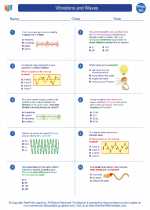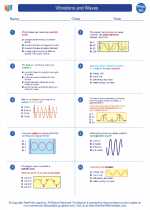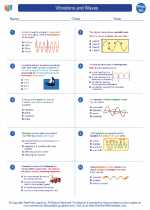Menstrual Cycle
The menstrual cycle is the regular natural change that occurs in the female reproductive system (specifically the uterus and ovaries) that makes pregnancy possible. The cycle is required for the production of oocytes, and for the preparation of the uterus for pregnancy.
Phases of the Menstrual Cycle
The menstrual cycle is divided into four main phases:
- Menstrual Phase: This phase starts on the first day of bleeding and typically lasts 3-7 days. The uterine lining is shed, and this is when menstruation occurs.
- Follicular Phase: This phase starts on the first day of menstruation and lasts until ovulation. The follicle-stimulating hormone (FSH) stimulates the development of follicles in the ovaries, each containing an immature egg (oocyte).
- Ovulation: Around the middle of the menstrual cycle, an egg is released from one of the ovaries. This is the most fertile phase of the cycle and occurs around day 14 in a 28-day cycle.
- Luteal Phase: After ovulation, the ruptured follicle transforms into a structure called the corpus luteum, which secretes progesterone to prepare the uterus for a possible pregnancy. If pregnancy does not occur, the corpus luteum degenerates, leading to a drop in progesterone, and the cycle starts again.
Hormonal Regulation
The menstrual cycle is regulated by a complex interaction of hormones, including estrogen, progesterone, follicle-stimulating hormone (FSH), and luteinizing hormone (LH).
Menstrual Disorders
There are several menstrual disorders that can affect the normal functioning of the menstrual cycle, including amenorrhea (absence of menstruation), dysmenorrhea (painful menstruation), and menorrhagia (excessive menstrual bleeding).
Study Tips
When studying the menstrual cycle, it's important to understand the hormonal regulation and the role of each hormone in the different phases. Additionally, familiarize yourself with the menstrual disorders and their symptoms, causes, and treatments.
Practice drawing and labeling diagrams of the menstrual cycle to reinforce your understanding of the different phases and their hormonal regulation.
Lastly, consider the impact of the menstrual cycle on fertility and the potential use of the menstrual cycle as a natural contraceptive method.
[Menstrual Cycle] Related Worksheets and Study Guides:
.◂Physics Worksheets and Study Guides High School. Vibrations and Waves

 Worksheet/Answer key
Worksheet/Answer key
 Worksheet/Answer key
Worksheet/Answer key
 Worksheet/Answer key
Worksheet/Answer key
